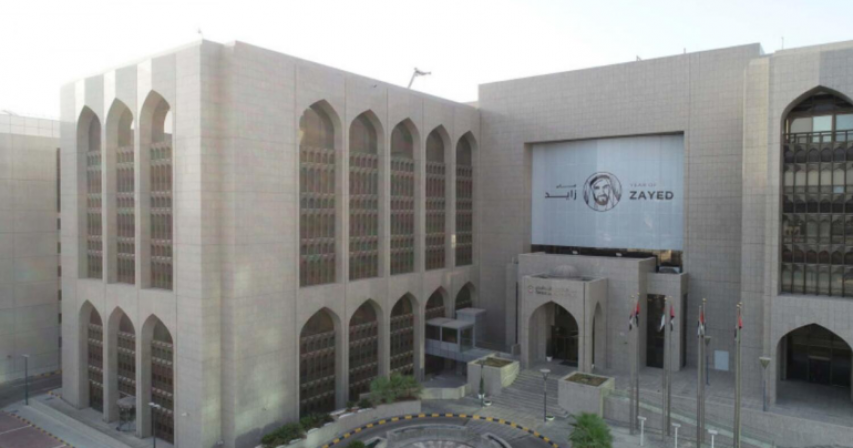UAE Insurance Firm Faces Dh1.2M Fine for AML/CFT Violations

The Central Bank of the UAE (CBUAE) has imposed a financial sanction of Dh1.2 million on an insurance company operating in the Emirates. The sanction is based on Article 14 of the Federal Decree Law No. (20) of 2018 on Anti-Money Laundering and Combating the Financing of Terrorism and Financing of Illegal Organizations (AML/CFT).
This financial penalty comes as a result of a regular examination conducted by the Central Bank. The investigations revealed that the insurance company in question exhibited deficiencies in its Anti-Money Laundering/Combating the Financing of Terrorism (AML/CFT) policies and procedures.
The Central Bank, in alignment with its supervisory and regulatory mandates, is dedicated to ensuring that all insurance companies, their owners, and staff adhere to the laws, regulations, and standards established by the CBUAE. This commitment aims to safeguard the transparency and integrity of the insurance sector and the broader financial system in the UAE.
The sanctioned amount of Dh1.2 million reflects the seriousness with which the Central Bank views compliance with AML/CFT regulations in the financial sector. These regulations are crucial in preventing illicit financial activities, such as money laundering and the financing of terrorism.
The imposition of the financial penalty underscores the Central Bank's commitment to maintaining a robust financial system that complies with international standards. The scrutiny and enforcement of AML/CFT policies are vital components in preserving the integrity of the UAE's financial landscape.
The Central Bank's supervisory role involves ongoing assessments and examinations to identify any shortcomings or non-compliance within financial institutions. In this case, the insurance company faced consequences due to identified deficiencies in its AML/CFT policies and procedures.
The UAE, like many other countries, prioritizes efforts to combat financial crimes and ensure the integrity of its financial system. AML/CFT regulations play a pivotal role in achieving these objectives, and financial institutions are expected to uphold the highest standards to prevent any involvement in illicit financial activities.
The financial sanction serves as a deterrent, emphasizing the significance of robust AML/CFT measures for all entities operating within the financial sector. It sends a clear message about the consequences of non-compliance and encourages financial institutions to continuously enhance their AML/CFT frameworks to meet regulatory expectations.
As the UAE continues to strengthen its regulatory framework, financial institutions are urged to stay vigilant and proactively address any shortcomings in their AML/CFT policies. Compliance with these regulations not only safeguards the institutions themselves but also contributes to the overall stability and credibility of the UAE's financial system.
In conclusion, the Central Bank's imposition of a Dh1.2 million financial sanction underscores the importance of stringent AML/CFT compliance within the insurance sector and the broader financial landscape of the UAE. It reaffirms the commitment to maintaining a secure and transparent financial system in line with international standards.
For More Related Updates Please Visit Our Official Website
By- Sahiba Suri






Comments